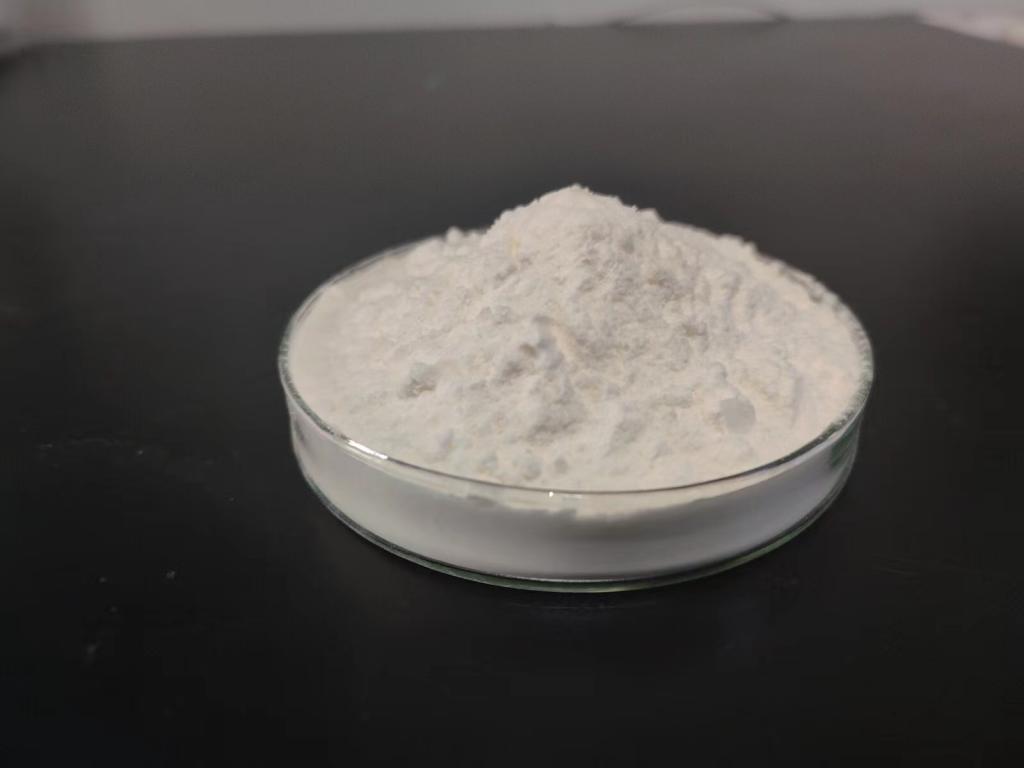Tel:0086 18231198596

News
Incorporating ε-Polylysine hydrochloride into animal feed helps maintain animal health.
TIME:2024-03-28
Understanding ε-Polylysine Hydrochloride in Animal Feed
ε-Polylysine hydrochloride is a naturally occurring antimicrobial compound produced by certain strains of bacteria. It consists of multiple lysine residues linked together by peptide bonds, forming a linear polymer structure. ε-PL hydrochloride is soluble in water and can be easily incorporated into animal feed formulations as a feed additive.
The antimicrobial activity of ε-Polylysine hydrochloride makes it effective against a wide range of bacteria, yeasts, and molds. By inhibiting microbial growth in the gastrointestinal tract of animals, ε-PL hydrochloride helps maintain gut health, improve nutrient absorption, and reduce the risk of digestive disorders and infections.
Applications of ε-Polylysine Hydrochloride in Animal Feed
ε-Polylysine hydrochloride can be incorporated into animal feed formulations for various species, including poultry, swine, cattle, and aquaculture species. Its applications in animal feed include:
Growth Promotion: ε-PL hydrochloride has been shown to improve feed conversion efficiency and promote growth in livestock animals. By maintaining gut health and reducing the risk of infections, ε-Polylysine hydrochloride helps animals utilize nutrients more efficiently, leading to enhanced growth rates and higher weight gains.
Disease Prevention: The antimicrobial properties of ε-Polylysine hydrochloride help prevent the proliferation of pathogenic bacteria in the gastrointestinal tract of animals. This reduces the risk of diseases such as necrotic enteritis in poultry, swine dysentery in pigs, and bacterial infections in aquaculture species.
Gut Health Maintenance: ε-PL hydrochloride supports gut health by promoting a balanced microbiota and reducing the colonization of harmful bacteria. This contributes to improved digestion, nutrient absorption, and overall gastrointestinal function in animals.
Stress Reduction: Livestock animals are susceptible to stressors such as environmental changes, transportation, and handling, which can compromise their immune function and productivity. ε-Polylysine hydrochloride helps mitigate the effects of stress by supporting gut health and enhancing resilience to environmental challenges.
Benefits of ε-Polylysine Hydrochloride in Animal Feed
Incorporating ε-Polylysine hydrochloride into animal feed offers several benefits for livestock producers and animals alike:
Improved Animal Health: ε-PL hydrochloride helps maintain gut health and reduce the incidence of digestive disorders and infections in livestock animals. This contributes to overall animal health and welfare, reducing the need for antibiotics and other medications.
Enhanced Growth Performance: By promoting efficient nutrient utilization and growth, ε-Polylysine hydrochloride supports higher weight gains and improved feed conversion efficiency in livestock animals. This can lead to higher productivity and profitability for farmers.
Disease Prevention: The antimicrobial properties of ε-PL hydrochloride help prevent the spread of infectious diseases among livestock populations, reducing the need for disease management interventions and veterinary treatments.
Environmental Sustainability: By reducing the reliance on antibiotics and other antimicrobial agents, ε-Polylysine hydrochloride contributes to the sustainable and responsible use of resources in animal agriculture. This helps mitigate the risk of antimicrobial resistance and environmental contamination associated with conventional farming practices.
Regulatory Considerations and Safety
ε-Polylysine hydrochloride is approved for use as a feed additive by regulatory authorities in many countries, including the U.S. Food and Drug Administration (FDA), the European Food Safety Authority (EFSA), and the Ministry of Agriculture, Forestry, and Fisheries (MAFF) in Japan. Extensive safety assessments have confirmed the safety of ε-PL hydrochloride for use in animal feed at recommended levels.
Conclusion
ε-Polylysine hydrochloride represents a valuable tool for enhancing animal health and productivity in livestock farming and animal husbandry. By promoting gut health, preventing disease, and supporting growth performance, ε-PL hydrochloride contributes to improved animal welfare and profitability for farmers. As the livestock industry continues to prioritize sustainable and responsible farming practices, the incorporation of ε-Polylysine hydrochloride into animal feed offers a promising solution for meeting the evolving needs of modern agriculture. Further research and development efforts are likely to uncover additional applications and benefits of ε-PL hydrochloride in animal nutrition and health management.

 CONTACT
CONTACT




